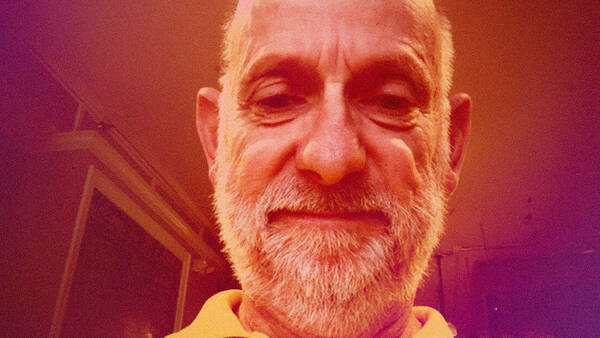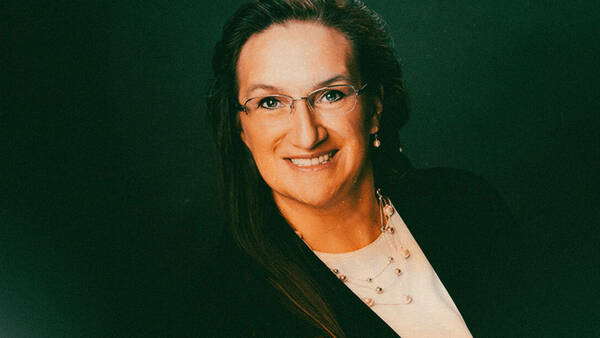After graduating from Notre Dame, Mary Meg McCarthy ’80 moved from the familiar confines of Walsh Hall on campus to a life in Chile under the dictator Augusto Pinochet.
“My family, as well as my education at Notre Dame, taught me to advance issues of justice and look at them from a domestic as well as international lens,” says McCarthy, who as an undergraduate was involved in the creation of the Center for Social Concerns on campus. That’s how she ended up working with the Congregation of Holy Cross in Chile after graduation.
“I learned a lot about communities that don’t have a voice, and where people cannot exercise their rights,” says McCarthy, who saw how people who fought for justice and the rule of law faced interrogation, threats, disappearances, and murder. “I realized that it was really important to confront those human rights abuses and to help restore democracy in that country and fight for human rights. That experience gave me a glimpse of what people of faith can do, and that motivated me to go to law school and advocate for human rights.”
After two years, McCarthy returned to the United States and started law school at Loyola University Chicago to pursue a career in human rights law. Since then, she has spent more than two decades helping immigrant and refugee communities access justice. McCarthy serves as executive director of the National Immigrant Justice Center (NIJC), a program of the Chicago-based anti-poverty organization Heartland Alliance. NIJC provides legal services to immigrants, refugees, and asylum seekers, and advocates for a just and humane immigration system.
McCarthy’s work has enabled her to contribute frequently to national news outlets, testify on Capitol Hill, lead several national coalitions, and chair the American’s Bar Association’s Commission on Immigration. She has received numerous awards, including the Justice John Paul Stevens Award, which honors attorneys who exemplify the late Supreme Court justice’s commitment to integrity and public service in the practice of law.
“Throughout my career, I have advocated that the rule of law applies to every person regardless of their ethnicity or legal status,” McCarthy says. “Immigrants and refugees have built and continue to build this country and enrich it.”
NIJC has continued to grow and flourish under her leadership. When she joined the organization as its executive director in 1998, it had a staff of 10, about 500 pro bono attorneys, and a million-dollar budget. Now, it has a staff of 100, some 1,600 pro bono attorneys, a budget that exceeds $10 million, and five office locations, including a soon-to-be-opened San Diego office.
“NIJC’s advocacy is more important than ever in an anti-immigrant climate,” McCarthy says. “We’ve seen immigrant children dying in detention centers, families separated, and indefinite detention of immigrants and refugees. While U.S. laws provide certain protections for immigrants, we are seeing the rapid introduction of rules and policies that erode those rights.”
Research shows that immigrants who have an attorney are five times more likely to pursue a defense against deportation and five times more likely to win their cases, McCarthy says. Immigrants who are detained but have legal counsel are 11 times more likely to seek a defense against deportation and twice as likely to win their cases. And something as simple as whether the phone is working in the immigrant detention center can be the difference between having an attorney or not. Unlike in the U.S. criminal justice system, immigrants, refugees, and asylum seekers do not have access to court-appointed counsel and need to find their own representation.
McCarthy says she and her team continually challenge legal barriers and cruel policies, and she draws inspiration from her colleagues and clients, especially women and girls.
“The women and girls fleeing gender violence in Central America—their courage and their strength to find safety and to care for their families in the midst of such horrendous abuse and human rights violations is remarkable,” she says. “Making the journey to the U.S. is dangerous, yet they know that’s the only way they are going to stay alive and ensure the safety of their children. It’s difficult to imagine, but it’s real. Now, more than ever, we as people of faith are called to welcome the stranger.”



